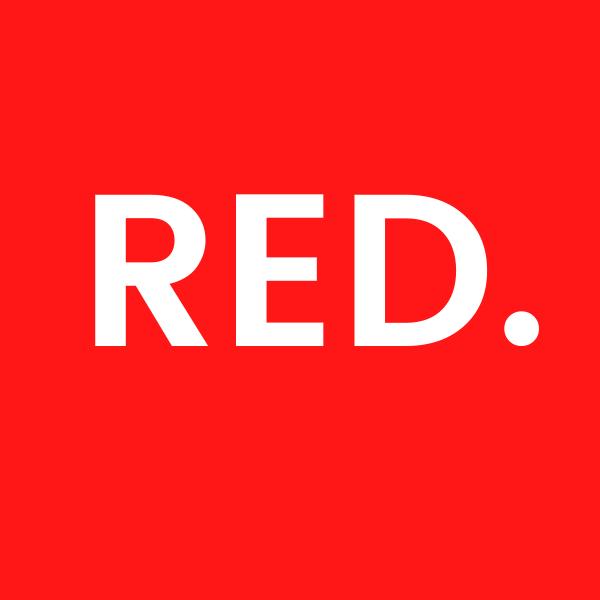Funny colleagues in the workplace: balancing laughter and professionalism

In the intricate tapestry of a corporate environment, each department or function is woven with unique threads, each representing different roles, responsibilities, and personalities. Just as finance thrives on precision and analytics, marketing blossoms with creativity and innovation. These departmental nuances often necessitate certain personality types over others.
For instance, in the bustling realm of sales, charisma and the ability to engage are paramount. It's no wonder that many trainers in this field often have backgrounds as theatre actors, clowns, or entertainers, leveraging their skills to captivate and persuade. Their performances, though instrumental in clinching deals or motivating teams, come with an implicit understanding of boundaries. Because even in the most animated sales pitches, there exists a line between persuasive theatrics and professionalism, a boundary that ensures credibility isn't overshadowed by entertainment.
The office clown: a nuisance or necessary? Unmasking the role of humor at work
Every office seems to have one. That one individual who, with a well-timed joke or playful prank, can transform a mundane Monday morning into a burst of laughter. Enter the office clown. Their antics may range from innocent jokes about weekend escapades to more elaborate pranks involving whoopee cushions or surprise office decorations. Popular workplace sitcoms like "The Office" provide us with iconic characters such as Jim Halpert, whose pranks on Dwight Schrute have become legendary. But beyond the screen, in the real corporate corridors, is the office comedian a refreshing break or a distraction?
There's no denying the immediate benefits. A good laugh can alleviate stress, foster camaraderie, and even boost creativity. The office clown often becomes the unofficial icebreaker, particularly in tense situations or new team formations. However, it's not all fun and games. At times, their sense of humor might not resonate with everyone, leading to misunderstandings or even conflicts. Moreover, excessive humor can potentially undermine professionalism, making some colleagues question the clown's dedication or seriousness towards their responsibilities.
In essence, while the role of humor in the workplace is undeniable, it's the balance that organizations and employees must strive for. Embracing the light-hearted moments without letting them overshadow the primary goal: productivity and collaboration.
Beyond the laughter: the deep-rooted psychology of the workplace jester
When the chuckles subside and the room returns to its usual hum, one might wonder: what drives the office jester to their comedic pursuits? It's not just about landing the punchline or brightening up a colleague's day. Delving deeper into the psyche reveals layers that go beyond mere amusement.
For some, this humorous demeanor stems from attention-seeking behaviors. Being the center of attention, even momentarily, can satiate a desire for recognition and validation. The laughter and approval of peers can be intoxicating, acting as a reaffirmation of one's place within a group. For others, humor serves as a coping mechanism—a protective shield against workplace stressors, personal insecurities, or even past traumas. It provides a way to diffuse tension, both internally and externally, by transforming potentially challenging situations into light-hearted moments.
Furthermore, certain personality types are naturally inclined towards humor. Extroverts, for instance, often use their innate sociability to engage and entertain those around them. However, introverts too, in their moments of openness, might use wit as a tool for connection, albeit in subtler ways.
In understanding the psychology of the workplace jester, it becomes clear that their jests and jokes are more than mere frivolity. They are, in many instances, reflections of deeper psychological needs and characteristics, making the office clown as complex and nuanced as any other role in the professional sphere.
When humor meets productivity: the real impact of the office comedian
Humor is a double-edged sword in the realm of productivity. On one hand, a well-timed jest or an amusing anecdote can reinvigorate a team, breaking the monotony and sparking creativity. On the other, excessive jesting can disrupt focus, leading to unintended detours from the task at hand. So, where does the balance lie when it comes to the office comedian and their influence on productivity?
Consider the tech startup industry, renowned for its high-pressure environment and demanding hours. Companies like Google have embraced humor, offering quirky office spaces and encouraging playful breaks. They argue that these lighthearted interludes foster innovation and bolster team spirit. And indeed, many groundbreaking ideas have emerged amidst laughter-filled brainstorming sessions.
Conversely, in sectors like finance or law, where precision and concentration are paramount, the antics of an office comedian might not always be appreciated. A banking executive once remarked how a misinterpreted joke led to hours of damage control, underscoring the potential pitfalls of humor in certain professional settings.
In essence, the impact of humor on productivity isn't black and white. It varies by industry, team dynamics, and individual personalities. While the office comedian can be the catalyst for creativity and cohesion in one setting, they might be a source of distraction in another. Recognizing this delicate balance and fostering an environment where humor complements, rather than competes with productivity, is the key to harnessing the best of both worlds.
Balancing acts: ensuring the workplace clown doesn’t overshadow professionalism
In the intricate dance of corporate dynamics, the office clown stands out, often toeing the line between levity and professionalism. But while their antics can infuse a dose of much-needed humor, there's a fine line to tread to ensure that playfulness doesn't compromise the sanctity of the workplace. So, how do managers and HR professionals strike the right balance?
First and foremost, it's essential to set clear expectations. While humor is welcome, it should never come at the expense of respect or the core values of the company. Periodic training sessions can help clarify what's acceptable and what crosses the line, ensuring everyone is on the same page.
Open communication is another crucial element. Managers should be approachable, encouraging team members to voice concerns if they feel the office humor is veering off course. Sometimes, the office clown might not even be aware that their behavior is disruptive or off-putting to some. Constructive feedback can help them adjust their approach without curbing their spirit.
Moreover, HR professionals can organize team-building activities that harness humor in a structured manner. This not only provides an outlet for the office clown to shine but also ensures that humor is channeled in a way that benefits the team as a whole.
In conclusion, while the workplace clown is a valuable asset, bringing laughter and lightness to daily routines, it's imperative to ensure that their presence bolsters, rather than detracts from, the professional ethos of the organization.
From jest to job satisfaction: scientific insights on humor and employee well-being
The impact of humor in the workplace goes beyond mere chuckles and momentary amusement. Recent scientific studies have delved into understanding the profound connection between humor and various facets of employee well-being, revealing some intriguing insights.
Research from leading psychological journals demonstrates a consistent correlation between humor and job satisfaction. A study spanning multiple industries found that teams with a higher frequency of humorous interactions reported better camaraderie, reduced turnover rates, and, notably, higher job satisfaction scores. These findings suggest that humor isn't merely a transient joy but plays a pivotal role in long-term job contentment.
Beyond individual satisfaction, humor has a tangible effect on team dynamics. Teams that actively engage in light-hearted banter, studies suggest, often exhibit stronger cohesion, improved communication, and enhanced problem-solving capabilities. The shared laughter fosters a sense of unity, bridging cultural or hierarchical gaps that might exist within diverse teams.
Furthermore, in the context of stress relief, humor acts as a potent buffer. Corporate professionals, when exposed to humor, showed lower cortisol levels (a stress hormone) and reported feeling less overwhelmed, even in high-pressure scenarios. The therapeutic effects of laughter, it seems, have a grounding in biochemistry, offering genuine mental respite in demanding work environments.
In sum, humor's role in the workplace transcends the immediate laughter it elicits. It is a powerful tool, deeply interwoven with job satisfaction, team synergy, and mental well-being. As science continues to unravel its multifaceted benefits, it becomes increasingly evident that fostering a culture of balanced humor can be a strategic move for organizations aiming for holistic employee well-being.
The corporate world, with its myriad roles and responsibilities, is a melting pot of personalities. From the office jesters who lighten up boardroom meetings with timely humor to the serious strategists who delve deep into data, every personality brings unique value. However, understanding and striking a balance is crucial. As we've explored, humor, while being a powerful tool for engagement and stress relief, must be wielded with care to maintain a professional atmosphere. Departments like sales might benefit from the flair of entertainers, but even there, limits are essential to maintain credibility. In essence, while the presence of diverse personalities like the office clown enriches the workplace tapestry, ensuring they complement rather than conflict with the broader organizational goals is paramount. As companies navigate this balance, they create environments that are not only productive but also foster holistic well-being and job satisfaction.
Ready to optimize your workforce or just understand better your team at work?
Don't leave your organizational development to chance. Let RED. Recruitment's expert services guide you through comprehensive psychometric assessments, strategic organizational development, and precise job mapping. Ensure your team is perfectly aligned with your vision. Contact RED. Recruitment now and elevate your organizational dynamics!
We have got specialised psychologists in our team ready to map, assess and help your organization.

